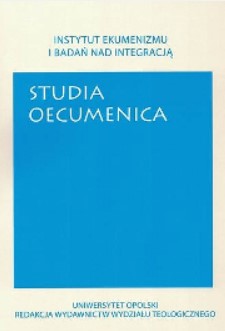Marginalization and Social Exclusion of Evangelical Masurians and Germans. The Case of Post-War Ełk County
Marginalization and Social Exclusion of Evangelical Masurians and Germans. The Case of Post-War Ełk County
Author(s): Stefan M. MarcinkiewiczSubject(s): Oral history, Nationalism Studies, WW II and following years (1940 - 1949), Other Christian Denominations, Ethnic Minorities Studies, Politics and Identity
Published by: Uniwersytet Opolski
Keywords: social marginalization; social exclusion; cultural assimilation; displacement; Masurians/Germans; nationalism;
Summary/Abstract: The article presents the post-war history of Evangelical population: Germans and Masurians in Ełk county. For this purpose, archival sources and biographical interviews were used. Interviews with the inhabitants of the county were collected as part of two oral history projects carried out by the „Museum for Ełk” Association in 2012–2013. The historical context is complemented by the available literature. One third of post-war Poland consisted of the territories being the part the Third Reich before the World War II, where a considerable part of population were Germans. Masurians formed a borderland group that became the reason of conflict between the Polish and the German. In the first half of the 20th century, both as a result of the nationalistic discourse and the assimilation pressure, most of them declared to maintain German identity. After the war, Masurians were present in the public space of Ełk county as a minority group. There was the inflow of population of the eastern territories of the Second Republic of Poland and people from central Poland. The small Evangelical church in Ełk in Słowackiego street was often filled with the faithful. Numerous processes and phenomena of social marginalization, exclusion and displacements resulted in nearly entire disintegration of Masurian and Evangelical community. The number of the faithful in Evangelical community proves it – there are nearly 150 people and only few of them feel Masurian origin. In the post-war vision of future Poland nationally and religiously homogenous state was believed to be an ideal solution.
Journal: Studia Oecumenica
- Issue Year: 2021
- Issue No: 21
- Page Range: 267-284
- Page Count: 18
- Language: English

